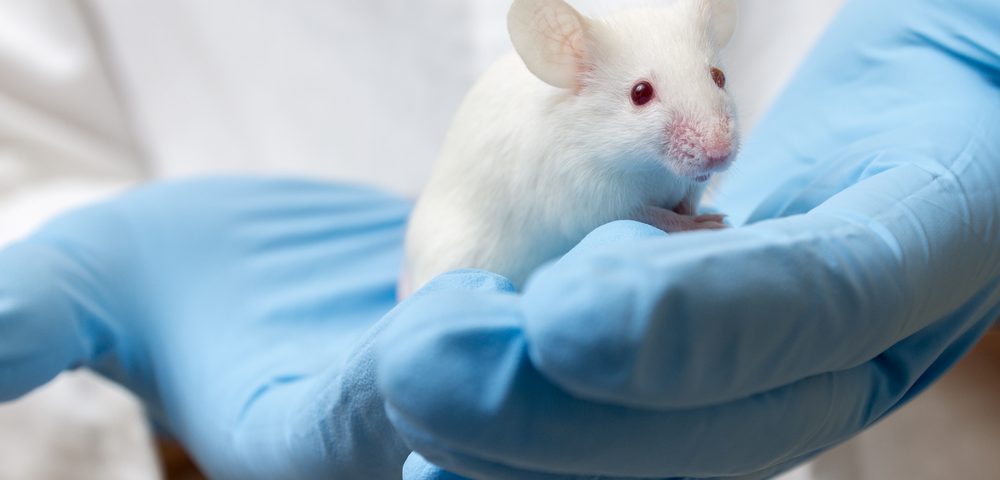Bile acids — acidic liquids produced by the liver and gallbladder to help the body digest food fats — promote the differentiation and activity of different types of immune cells that play a key role in bowel inflammation and in autoimmune disorders such as inflammatory bowel disease (IBD), according to data from two separate mouse studies.
The two studies, both published in the journal Nature, also found that gut microbes — clusters of bacteria living in the intestine — seem to be responsible for converting bile acids into molecules that control the activity of immune signaling cascades.
In the first study, “Bile acid metabolites control TH17 and Treg cell differentiation,” researchers from Harvard Medical School (HMS) and their colleagues discovered specific metabolites of bile acids that are able to interact, activate, and promote the differentiation of two types of gut immune T-cells. These are the regulatory T-cells (Tregs) and a class of T-helper cells, called TH17.
Tregs and TH17 are two different types of immune cells that are responsible for controlling and balancing immune and inflammatory responses in the gut. However, they do so in different ways. TH17 are pro-inflammatory cells that promote inflammation to quell infections caused by harmful microbes. Meanwhile, Tregs are anti-inflammatory cells that are normally activated to curb tissue inflammation once the source of infection has been eliminated.
When TH17 cells are overactive, like in the context of many autoimmune diseases, they trigger widespread tissue inflammation that can damage the intestine.
In these experiments, the researchers exposed undifferentiated, or naïve, mouse T-cells to different bile acid metabolites. They found two derivatives of lithocholic acid (LCA) that had different effects on these cells. One of them, called isoalloLCA, promoted the differentiation of naïve T-cells into Tregs. The other, called 3-oxoLCA, inhibited, or blocked the differentiation of these cells into TH17 cells.
To confirm these findings, the investigators then treated the animals with both metabolites. IsoalloLCA increased the numbers of differentiated Tregs, while 3-oxoLCA lowered the levels of differentiated TH17 cells, the researchers found.
In addition, they discovered both bile acid metabolites in stool samples of patients with IBD, suggesting the immune mechanism reported in mice also could be present in humans.
“Our findings identify an important regulatory mechanism in gut immunity, showing that microbes in our intestines can modify bile acids and turn them into regulators of inflammation,” Jun Huh, PhD, assistant professor of Immunology at Blavatnik Institute at HMS, said in a press release.
“Future studies to elucidate the bacteria or host enzymes that generate 3-oxoLCA and isoalloLCA will provide the means for controlling T cell function in the context of autoimmune diseases and other inflammatory conditions,” the researchers said.
In the second study, “Microbial bile acid metabolites modulate gut RORγ+ regulatory T cell homeostasis,” another team of Harvard Medical School investigators discovered that food-derived bile acids processed by gut microbes can regulate the levels of immune Tregs forming in the colon (colonic Tregs).
Experiments in mice revealed that low levels of bile acids led to a reduction in the numbers of colonic Tregs, which in turn were associated with a higher risk of inflammatory colitis, a condition that resembles IBD in humans.
They also showed that gut microbes contain specific genes that allow them to convert food-derived bile acids into immune signaling molecules that control the levels of colonic Tregs in mice. When the researchers inactivated these genes and inserted the genetically-modified microbes into germ-free animals — animals that do not have gut microbes — they found these animals had very low levels of colonic Tregs.
In addition to gut microbes, the team found that the animals’ diet played a role in the process. Mice fed with a poor diet had lower levels of colonic Tregs compared with animals fed with a rich diet.
In a final experiment, the investigators treated three groups of animals — those fed with poor diet, those fed with a rich diet, and those fed with a poor diet but drinking water supplemented with bile acids — with a compound to trigger inflammatory colitis.
Only the animals that had been fed the poor diet and did not drink supplemented water developed the disease, the scientist found. This confirmed the key role of bile acids in Treg regulation, bowel inflammation, and colitis risk.
“Our results demonstrate an elegant three-way interaction between gut microbes, bile acids and the immune system,” said Dennis Kasper, MD, professor of immunology in the Blavatnik Institute at HMS and a professor of medicine at HMS and Brigham and Women’s Hospital.
“Importantly, our work suggests it is plausible to think of harnessing certain gut bacteria as a way to modulate disease risk,” Kasper added.

